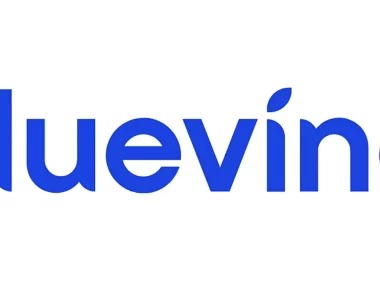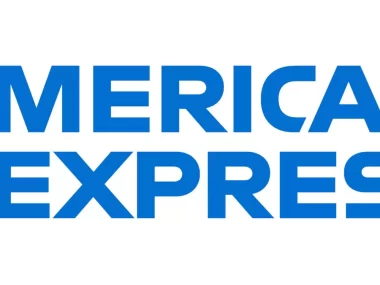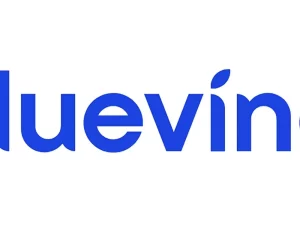There are lots of factors that influence the timing of personal loan disbursement. Understanding these elements in greater detail can be instrumental in effectively managing your expectations and making informed decisions during the loan application process.
1. Lender Policies:
The foundation of the disbursement timeline for personal loans lies in the policies and procedures established by the lending institution. Every lender has a unique set of internal guidelines, ranging from their application review process to their criteria for approving and disbursing loans. The efficiency of these policies can significantly affect the speed at which funds are made available to borrowers. Some lenders prioritize swift approvals and disbursements, often capitalizing on advanced technology and automation, while others may place a greater emphasis on thorough evaluations, which could extend the processing time.
2. Application Review Time:
The initial step in securing a personal loan is the submission of your application. The time it takes for a lender to review your application can vary widely. Online lenders, equipped with automated systems, often boast rapid application processing capabilities, leading to quicker approvals and disbursements. Conversely, traditional brick-and-mortar banks or credit unions may opt for manual reviews, necessitating more time. It’s worth noting that certain lenders specialize in expedited loan approvals, which can be particularly advantageous for borrowers in urgent need of funds.
3. Creditworthiness:
Your creditworthiness is a pivotal factor influencing not only the approval of your loan application but also the speed at which it is processed and disbursed. Applicants with excellent credit histories tend to undergo streamlined application processes and may be eligible for loans with more favorable terms, such as lower interest rates. Conversely, individuals with lower credit scores or more complex financial histories may be subject to additional scrutiny, potentially prolonging the application processing timeline.
4. Loan Amount:
The magnitude of the loan you seek can exert an impact on the disbursement timeline. Smaller loan amounts are often processed more swiftly, as they entail relatively lower risk for the lender. Conversely, larger loans may undergo more comprehensive evaluations, involving detailed assessments of your financial capacity and creditworthiness. Consequently, the application review and approval processes for substantial loan amounts could extend over a longer duration.
5. Income Verification:
To ascertain your ability to repay the loan, lenders typically require income verification. This step can introduce variability into the application timeline, particularly if there are delays in gathering or verifying income-related documentation. Ensuring that you provide complete and accurate income information at the outset can expedite this crucial phase of the process.
6. Collateral:
Secured personal loans, which are backed by collateral such as a vehicle or a savings account, entail an additional layer of complexity in the disbursement process. Lenders often require an appraisal and verification of the collateral’s value, which can extend the timeline. The specific appraisal process and any potential delays in securing necessary documentation are factors to consider when applying for a secured loan.
7. Loan Type:
The categorization of the personal loan you are applying for also plays a role in determining the timing of disbursement. Short-term loans, including payday loans or small-dollar loans, may undergo expedited processing and disbursement compared to larger, long-term installment loans, which typically involve more comprehensive evaluations.
8. Co-Signers:
The inclusion of a co-signer in the loan application can introduce additional considerations into the timeline. Lenders typically review the financial information of co-signers to assess their ability to assume responsibility for the loan in the event that the primary borrower defaults. The involvement of a co-signer necessitates a thorough examination of their financial history, which can extend both the approval and disbursement timelines. Timely submission of complete co-signer documentation can help expedite this process.
9. Weekends and Holidays:
The timing of your loan application and subsequent disbursement can be influenced by weekends and holidays. Banks and financial institutions often have reduced operating hours or may be entirely closed on holidays, which can delay the processing of applications and the availability of funds.
10. Payment Method:
The method by which loan funds are disbursed can impact the overall timeline. Direct deposit into your bank account is typically faster and more efficient than receiving a paper check, which may require additional processing time.
11. Bureaucratic Processes:
Depending on your geographic location and the lender’s jurisdiction, there may be specific bureaucratic or regulatory processes that must be followed. Compliance with these processes may introduce additional time into the disbursement timeline.
12. Additional Documentation:
In some instances, lenders may request supplementary documentation or seek clarification during the application review process. Providing this information promptly and comprehensively can help expedite the overall process.
13. Loan Volume:
The volume of loan applications being processed by the lender at any given time can significantly influence their capacity to handle applications quickly. During periods of high demand, such as during economic downturns or when interest rates are particularly favorable, lenders may experience delays in processing applications.
14. Customer Relationship:
Existing customers who have a history of responsible banking and borrowing with a specific institution may benefit from expedited processing and disbursement due to an established relationship. Lenders often prioritize loyal customers.
15. Economic Conditions:
The broader economic context can also exert an influence on the loan approval and disbursement process. Economic downturns or periods of financial instability may lead lenders to exercise greater caution and conduct more thorough evaluations of loan applications. This caution is driven by the desire to mitigate risk during uncertain economic conditions, potentially resulting in a more extended approval process. Understanding the economic backdrop at the time of your loan application can help you manage your expectations regarding the timeline for loan approval and disbursement.
In summary, the timing of personal loan disbursement is influenced by a multifaceted interplay of factors, ranging from the lender’s internal policies and the applicant’s financial profile to external variables like weekends and holidays. An awareness of these factors, effective communication with the lender, and a comprehensive understanding of the loan terms and conditions are essential for navigating the process successfully. By being well-informed and well-prepared, you can optimize the disbursal of your personal loan to align harmoniously with your financial objectives and expectations.










